Table of Contents
ToggleA republic is where the people delegate their responsibility to elected representatives in government to make decisions.
A democracy is a form of government where every person has a voice. This could be by representation or directly.
Is the United States a democracy or a republic?
The United States of America is defined as a constitutional republic.
Continue reading to find out what the different terms mean.
What Does a Constitutional Republic Mean?
Let’s break it down.
First, the “constitutional” part refers, of course, to the United States Constitution.
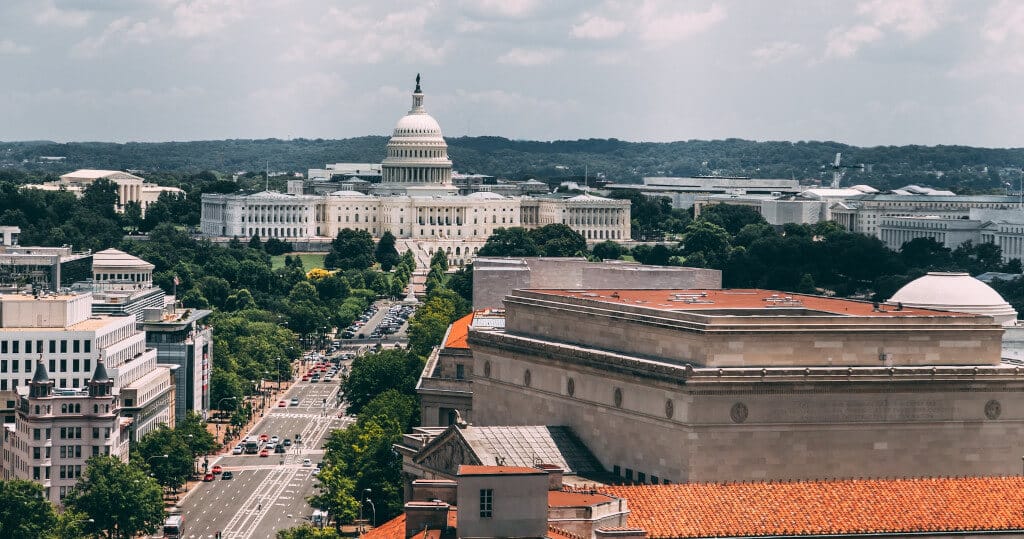
The Constitution functions as the supreme law of the land – by “supreme law,” we mean that no laws made by state governments or the federal government can contradict it.
Suppose a specific law is believed to go against the United States Constitution. In that case, the Supreme Court’s Justices will decide whether it does or not according to their interpretations of the Constitution.
But What’s a Republic?
A republic is a system in which common people are involved in government affairs. The word “republic” comes from the Latin phrase “res publica,” which literally means “the public thing.”

The ancient Romans formed one of the most famous republics in history, and the Founding Fathers of the United States, such as Thomas Jefferson and James Madison, took a great deal of inspiration.
The Roman republic was defined in contrast to what had existed earlier: monarchy or kings’ rule.
Roman citizens, rich and poor, were involved in their government by voting for representatives who would rule on their behalf.
Representative democracy
To sum it up, a republic could be considered a “representative democracy” when individual citizens are not directly exercising legislative authority by voting on laws but delegating that task to the people who win elections.
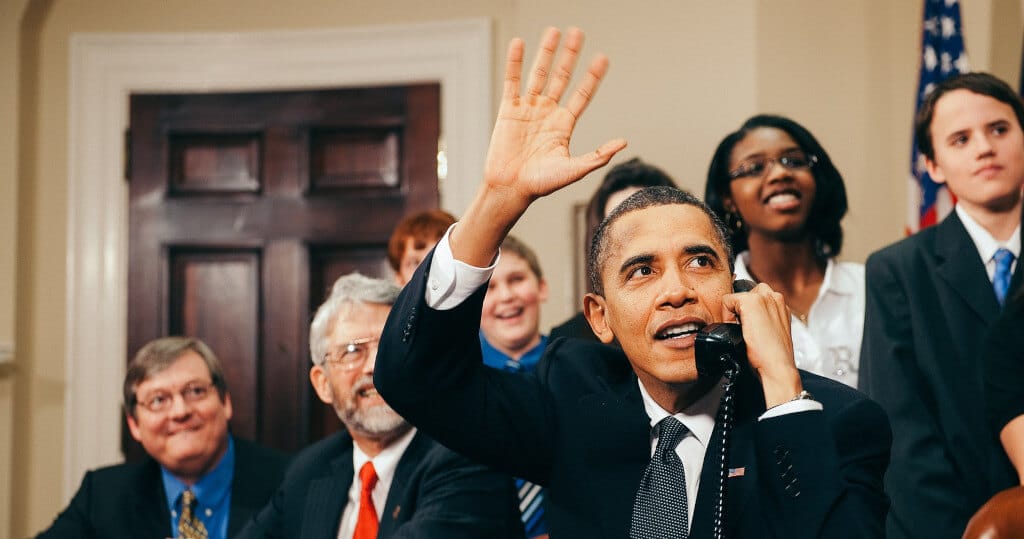
Republican features put some distance between everyday citizens and their government’s functioning.
The people are involved because they’re putting legislators in power, but that’s more or less where their involvement ends.
Why Is the US a Democracy?
Republican features of America
The government of the United States has many features that highlight its status as a republic.
Article I of the Consitution, which describes how the legislative branch of the government functions, lays it out pretty well:
Citizens vote for representatives
Citizens of states vote for members of the House of Representatives and Senate, who then vote on their behalf.

Representatives represent citizens in voting.
Representatives voting in place of citizens is classic republicanism, where we see “representative democracy.”
Electoral College
Another republican concept is the Electoral College. As mentioned above, republicanism puts some “distance” between everyday people and government functioning, which is what the Electoral College originally intended to do.
There has always been a popular vote where eligible citizens cast their votes for the President of the United States.
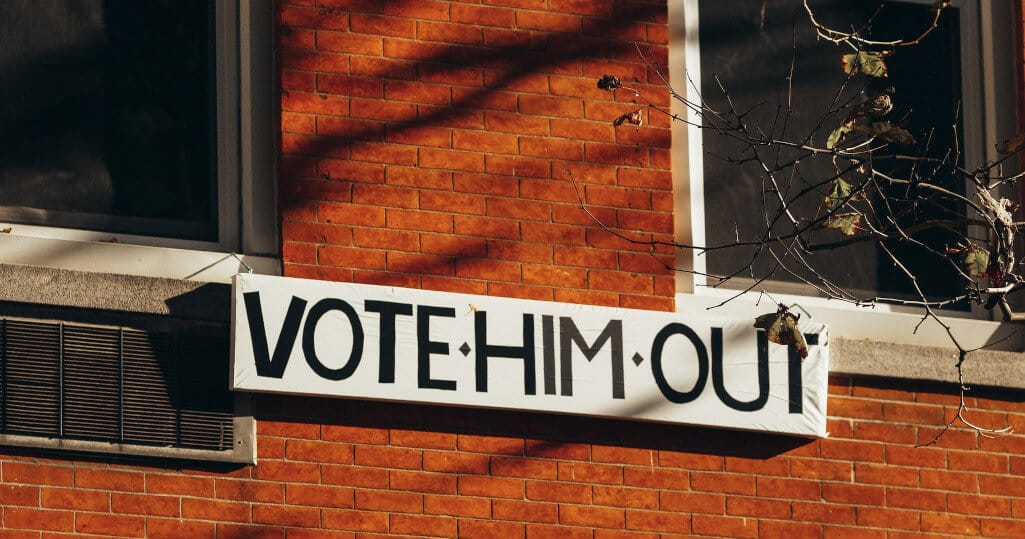
The Electoral College was originally intended as a compromise between election of the President by Congress and by popular vote, with the hope that electors would exercise independent judgment.
Over time, most states adopted a winner-take-all system, where all of a state’s electors are pledged to the winner of that state’s popular vote.
This idea of there needing to be an “elite” deliberative body is, again, classic republicanism – the people have power, but not too much power.
All this means that a presidential candidate can lose the popular vote but win the Electoral College – this is relatively rare but has occurred in 2016, 2000, 1888, 1876, and 1824.
Election of Senators
Another republican feature of America is how Senators used to be elected. Each of the 50 states has two senators. Today, these are voted for directly by the citizens of a state.
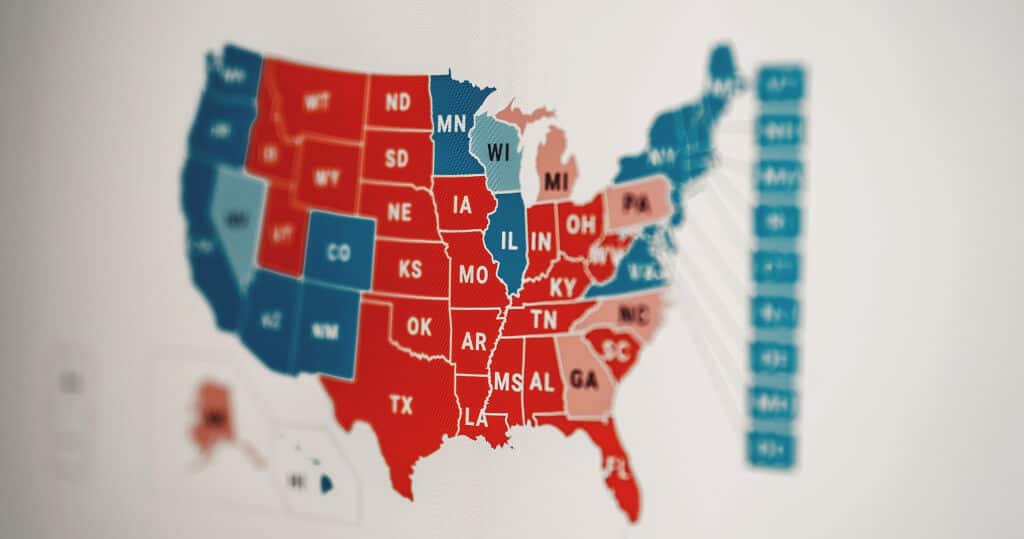
However, this wasn’t always the case.
Before the 17th Amendment (ratified in 1913), a state’s legislature decided who would be sent to the United States Senate.
So, say you lived in New York in 1890. You would vote for the New York State Legislature members, just as you might today, but you wouldn’t vote for your two senators.
Rather, the New York State Legislature members who won the election would do this.
Like the Electoral College, this original system entrusted voting power to representatives, removing direct control from the common person.
Is the United States a Democracy?
People often refer to the United States as a democracy and speak of “democratic” ideals.

But is the US a democracy?
This question can spark a lot of debate.
Once again, the United States is – officially – a constitutional republic. This doesn’t mean, however, that it’s not also a democracy.
Representative Democracy
As noted previously, a republic could be considered a “representative democracy.”
When people say that the United States is “not a democracy but a republic,” this is a half-truth.
The United States is not a direct democracy where everyone votes on specific legislation. Still, any system wherein people cast their votes for members of government is ultimately “democratic” in nature.
Comparing the Constitutional Features of the US to the UK
We can highlight the differences between a republic and a democracy in the modern United Kingdom.
Since the head of state of the United Kingdom, Charles III, has not been democratically elected, we can’t refer to the United Kingdom as a republic. It’s a constitutional monarchy.
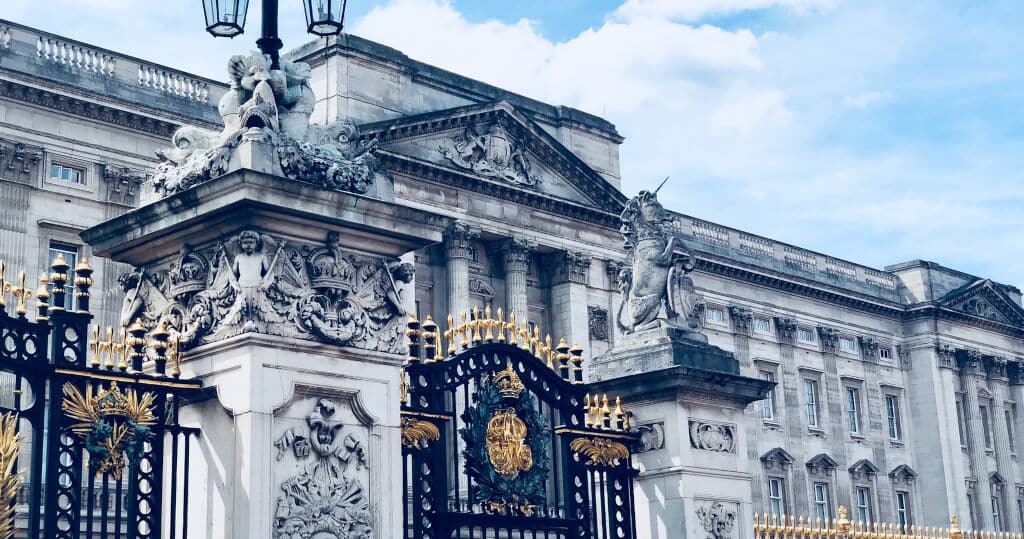
As citizens of the UK elect their representatives in Parliament, we can refer to the UK as a democracy.
No monarch or mob rule
In the United States, however, people vote for the head of state, who is the President.
There’s no aristocracy involved, which, for the Founding Fathers, was one of the most important differences between the fledgling republic and Great Britain’s form of government.
The Founding Fathers of the United States did fear “mob rule” or the “tyranny of the majority,” and in this case, spoke of “democracy” negatively while promoting the virtues of a specifically republican government.
This is where the argument “the United States is a republic, not a democracy” often stems from.
However, in a sense, most people understand “democracy” today. The United States is indeed a democratic republic.
Republic vs. Democracy
The answer to the question “Is the US a republic?” is a definite “yes.”
Saying the United States is a “democracy” may get controversial and requires some more diving into detail. Saying the United States is a republic is 100% correct.

Get Smarter on US News, History, and the Constitution
Join the thousands of fellow patriots who rely on our 5-minute newsletter to stay informed on the key events and trends that shaped our nation's past and continue to shape its present.
It was one of the first modern constitutional republics, established during a time when monarchies were the dominant form of government.
Whether certain republican features like the Electoral College will change or be abolished remains to be seen.
| Reasons why the United States is a Republic | Reasons why the United States is not a Republic |
|---|---|
| The United States is a representative democracy, where citizens elect representatives to make decisions on their behalf. | The United States has a federal system of government, which means that power is shared between the national government and the state governments. |
| The United States has a written Constitution that outlines the powers and limits of the government, as well as individual rights and freedoms. | The United States has a two-party system, which some argue limits true representation and diversity of ideas. |
| The United States has a system of checks and balances, where the three branches of government – executive, legislative, and judicial – have the power to check and balance each other’s powers. | The United States has an electoral college system, which some argue undermines the principle of “one person, one vote” and the popular will of the people. |
| The United States is founded on the principles of popular sovereignty, where the people are the ultimate source of authority and power in the government. | Some argue that the United States is not a Republic because it has an imperial presidency, where the President has expanded powers beyond what the Constitution grants them. |
| The United States values individual rights and freedoms, such as freedom of speech, religion, and the press. | Some argue that the United States is not a Republic because of the influence of money in politics, which can undermine the will of the people and the integrity of the democratic process. |
Related Resources About Democracy:
What type of government does the US have?
What Are Two Ways That Americans Can Participate in Their Democracy?
How Does Democracy Protect Minority Rights?
All You Need to Know About Presidential Democracy
What You Need to Know About Parliamentary Democracy
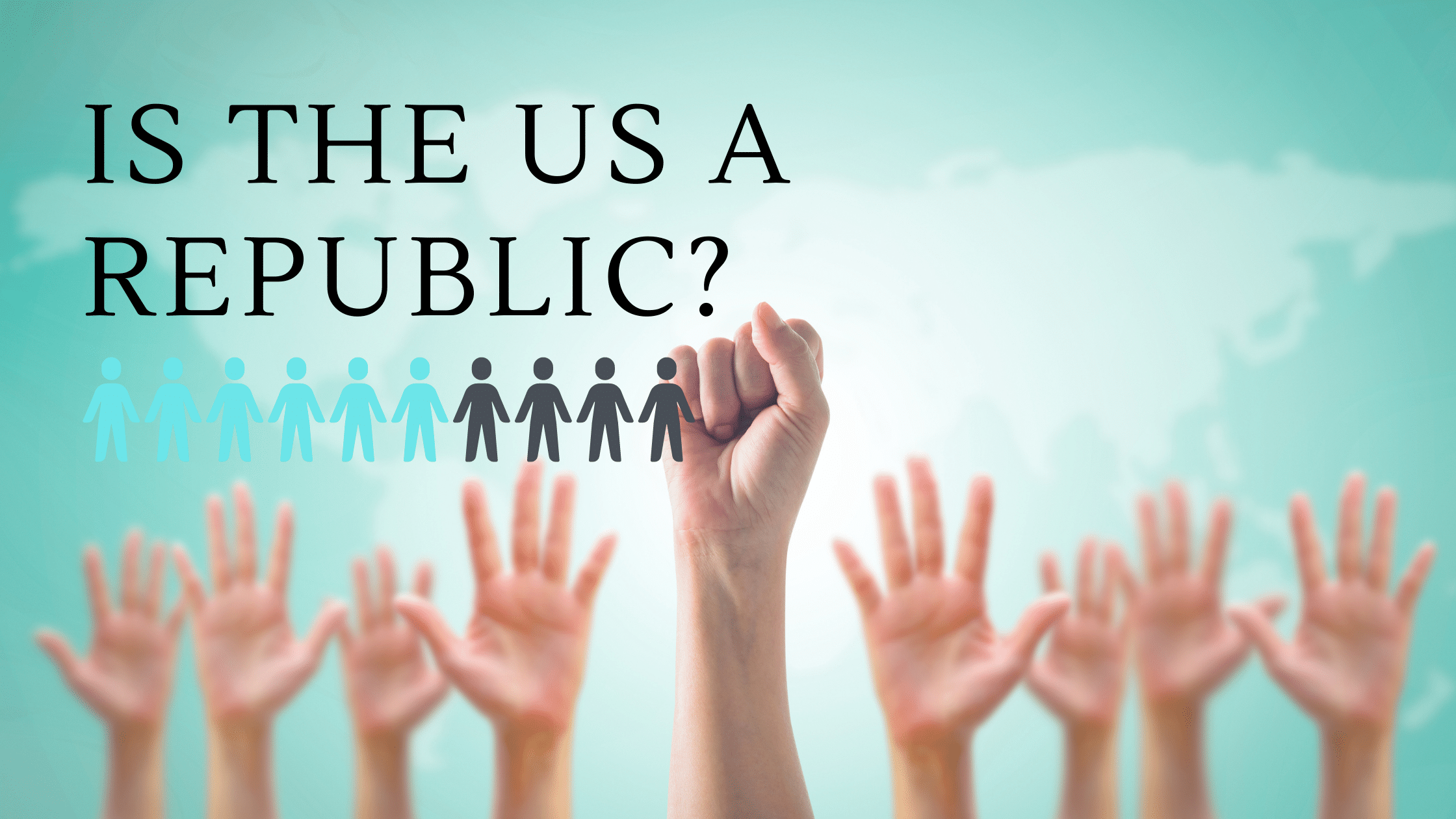

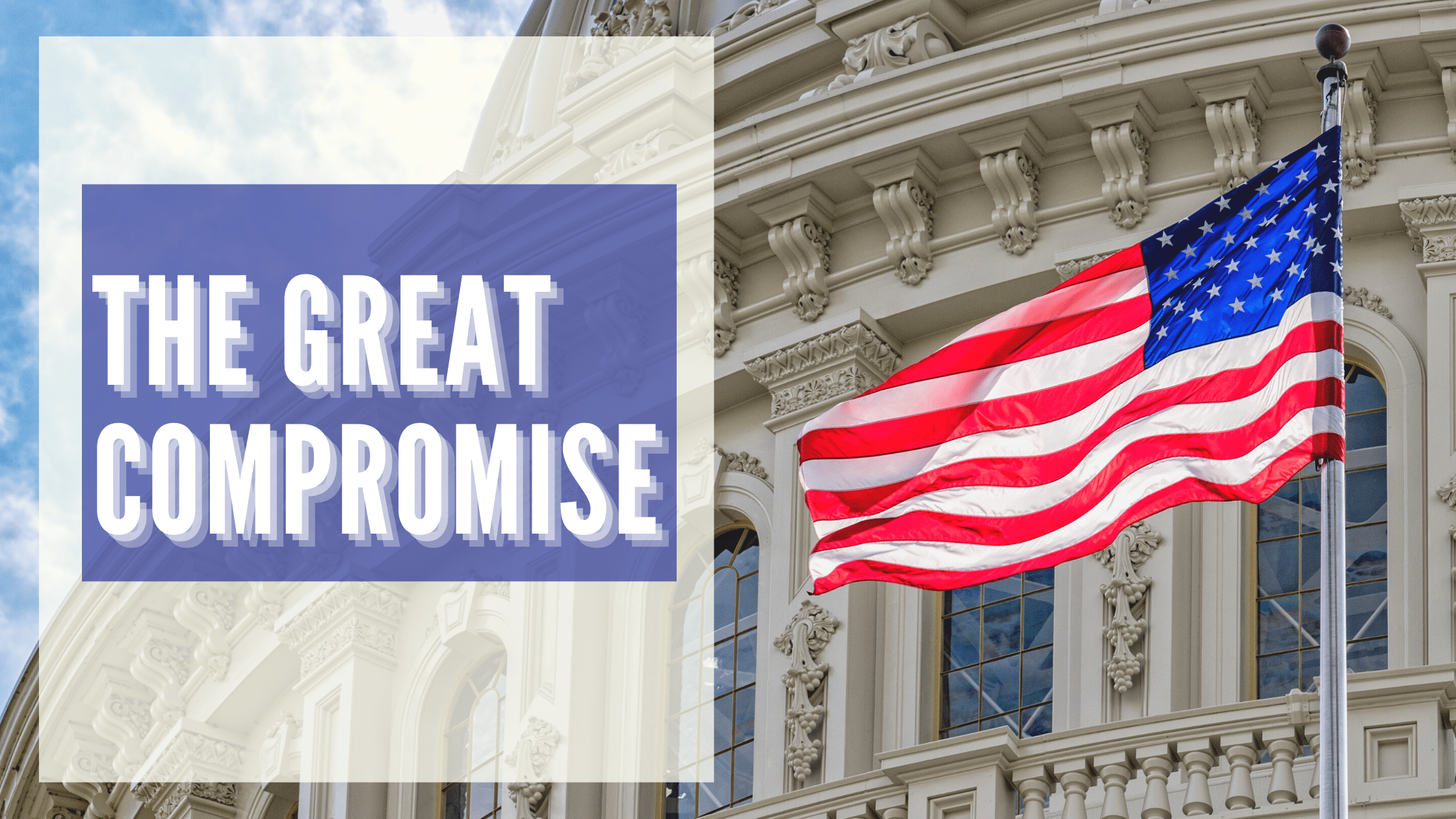
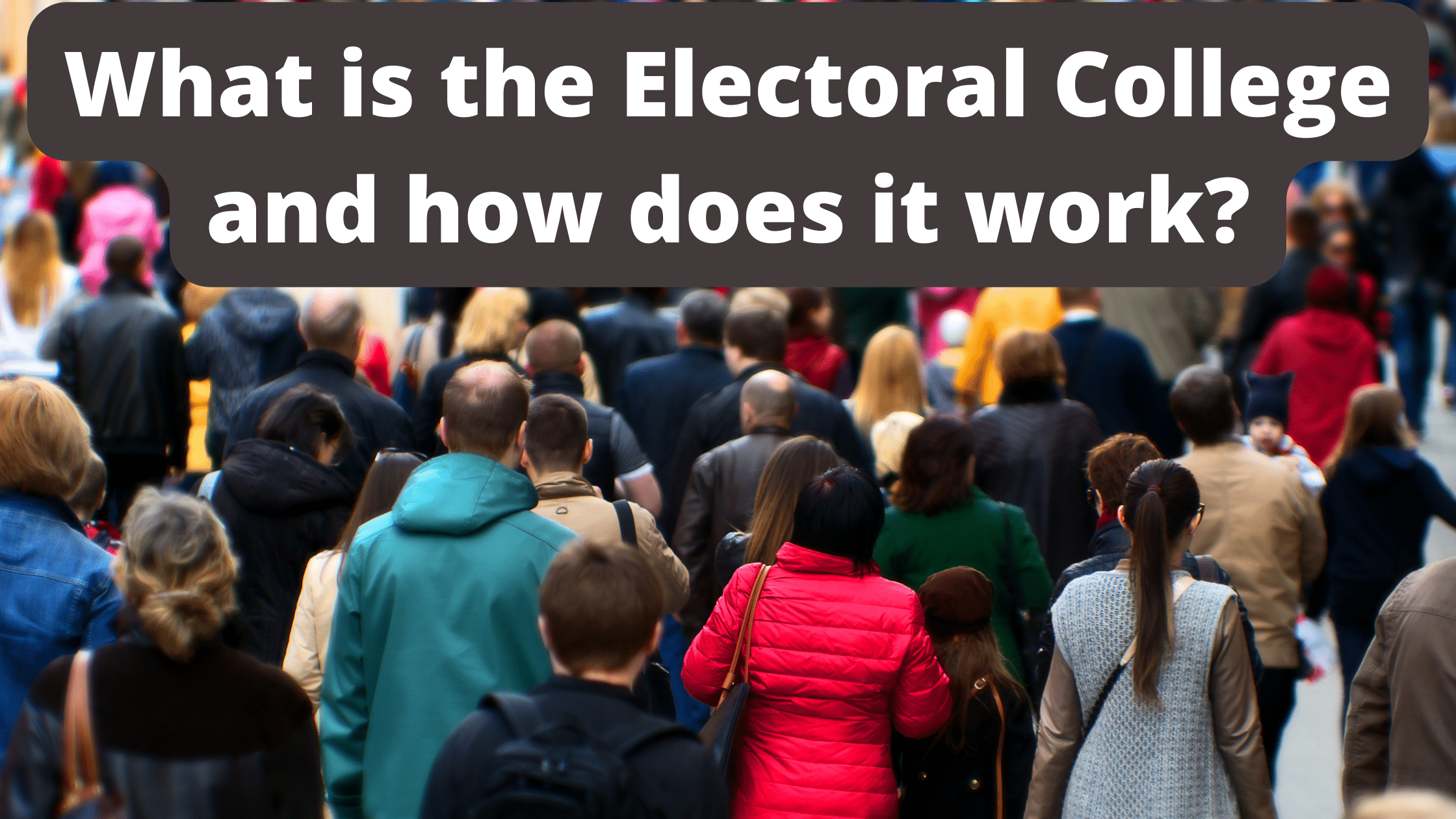








21 Responses
I’m going to court tomorrow.
Should I be telling them that I’m a citizen of the republic of the United States of America?
You could say I am a citizen of the democracy states of America but they would look at you as if you weren’t serious about becoming a citizen. People understand that the US is a republic and you should expect a more understanding response.
You are a citizen of the Constitutional Republic of the United States of America
I am not so sure about your statement that the USA was the first constitutional republic. it could well be the Dutch. The “plakaat van Verlatinghe” from 1581 is considered the start of the Dutch republic. A lot of text from this document can be recognized in the US Declaration of Independence from 1776. It may have been Thomas Jefferson who had studied this document.
This was a much more nuanced discussion of the matter than I had anticipated- it doesn’t resolve the ambiguity in the discussion of what a democracy or republic are, but that is because the ideas behind those labels are more complicated than I expected.
In today’s “us versus them” political climate, I notice that there is a fight over identity that can be summed up as “Our party is more American than yours” – with the proof hinging on the official classification of our government. So its a good thing that neither party can gain the upper hand with such a dogmatic approach. Now if we can get over assigning the label of “Fascist” or “Nazi” to both the right and the left- we might even be able to start discussing the issues at hand. Also, I’d like a pony.
In a democracy all citizens have a vote on every bit of legislation to be passed. You would not have a representative. Being a Constitutional or Federalist Republic we vote for people who will represent and vote for us. Why are we a federalist Republic? That is because states have rights that the Federal Government does not have. The Federal Government cannot overide states laws unless it is specified in the constitution as a right of the Federal Government. In other words The Federal Government has authority given by the constitution that is different from states authority.
why we are a constitutional republic is because the states have those rights based on a constitution.
Love your response, spot on! Thank you for posting
While it does make sense Republican vs Democrat seems to key identifiers in this 2-party system, historical comments by statesmen declared this would lead to the end of the Republic. Since a Republic, as defined, is the system with which to experiment – what are the founding concepts of each protagonist/antagonist? As time has passes, have not both parties become extreme in terms of abolishing the “Center of the Aisle”, or mutual Constitutional agreement, as a means of self-justifying internal argument? Are we beyond the recourse of 2-party reconciliation of nearly every issue – I am not seeing any more options than over two centuries ago – it’s disheartening.
Read section under David Mcoullughs john adams book. Look under back section, “Republic.” John Adams and Dr, Rush both agreed that at some point in the distant future, America would have to become a monarchy, due to sedition, civil war, etc.. and this was based on the current state of problems they were witnessing AFTER the constitution was ratified.. ie: power hunger people, government falling apart, etc.. When all three branches fail, then how does one govern a nation??? Hmmmmm… Interesting to note.. and one ought to look up President Trumps royal bloodline.. yep, that’s right.. ROYAL direct bloodline to England, Iceland and Scotland.. All in good time, all in good time. Is that why they named his son Barron? As in, “he is a baron?” Things that make you go hmmmm.
San Marino has been a constitutional republic since 1600.
Nice article. Limiting senators to two terms would go a long way in repairing the demise of congress. We are talking about a group of folks with annual approval ratings in the 15-25% range. Term limits are the only thing that may prevent or at least slow these “career” and “dynasty” public servants.
What if they are considered an excellent or very popular senator?
I would think they would be equally adept at helping to select, mentor, and endorse a successor that will appeal to their voter base.
Lets face it…senators want none of it…and their propaganda wing extremely rarely discuss or cover it in print and media. Current game is too lucrative. Nice to have a reasonable comment section in a time when many media/political outlets discourage readers from questioning or challenging their “stories”.
For many years I have observed the increase in the number of people who believe America is a Democracy. We are not and we never have been. Our founders hated democracies.
The word “Democracy” never entered the Declaration of Independence or the Constitution of the United States. The United States is not a democracy, and our founders used strong words to make clear that their nation should never become one.
Many people incorrectly believe we are a Democracy in no small part because of the Democratic Party’s prowess and consistency in redefining our form of government for name recognition. Now the misnomer even permeates dictionaries, writings, and teachings with differing definitions.
Some people even espouse that “voting” equals “democracy.” We do not elect our President; the Electoral College does. “Freedom to vote” or just “freedom” would be more appropriate. We did not even elect our U. S. Senators until the 17th Amendment to the Constitution was ratified, which in my opinion, was a mistake. State legislators choosing U. S. Senators and the electoral college were included in the Constitution as facets of republicanism.
————————————————————————————————————
I did some research. The Federalist Papers mention “republic/republican” 205 times, all favorably. It says “democracy” 28 times, all in negative contexts. It does not mention “democratic republic” or “representative democracy.” The word “democratic” is mentioned six times — once in a neutral context and five times in negative contexts.
“Democracy,” or any derivative thereof, is not mentioned in the U. S. Constitution, its Bill of Rights, or any other Amendments. In fact, “Democracy,” or any derivative thereof, is not mentioned in any of our founding documents, The Declaration of Independence, or any of the states’ Constitutions.
If some people ignore all this and call our form of government a democracy, that’s their prerogative, but they’d be wrong. For those who remain unconvinced, I recommend the following piece in the New American published back in 2000. It is a bit long, but it is an interesting read and an eye-opener.
________________________________________________________________
“A Republic, if You Can Keep It” – The New American
That’s all very interesting, but it ignores the very definition of a democracy. The fact remains that Republicanism and Democracy or not mutually exclusive. A republic is simply a type of democracy. No matter whether either terms were referred to in a positive or negative context in our founding documents. Simply put, the US is a republic and republics are a form of democracy.
COMPLETELY FALSE… they are mutually exclusive and they cannot coexist
We are not a representative democracy for a couple of reasons… 1) Any law that our representatives pass can be overturned by the courts. 2) The Federal Contested Elections Act, whereby Congress can refuse to seat an elected representative. 3) When citizens vote on a referendum in their state, even if passed can still be overturned. We are a constitutional republic because the Constitution GUARANTEES it… our founders were way to smart to allow any form of democracy into our government. By the way, elections are not governance… LEGISLATURES are.
You are citing exceptions. This is not standard policy and in no way was intended to be.
Amen. This article tries to tease out the reality. Defacto…The United States IS a republic. Behavior or motive of democracy crowd are almost always the subverters. Changing law is enough of a spectacle…as to excite the public if nefarious movements are occurring. Now an executive order here..
.even smaller writing there…..corporate rules entire gov. Modern danger….AND WHY WE NEED TO CLARIFY AND ANHERE TO REPUBLIC STANDARDS….IS .the viciously corrupt media…Now.can just democracy Splain…..everything in Dumbo language…till we all look away.
“… and to the republic for which it stands…” – From our pledge of allegiance
This is not an accurate in-depth explanation of THE USA !
You could drive a Mack Truck through this whole “ personal opinion “ !